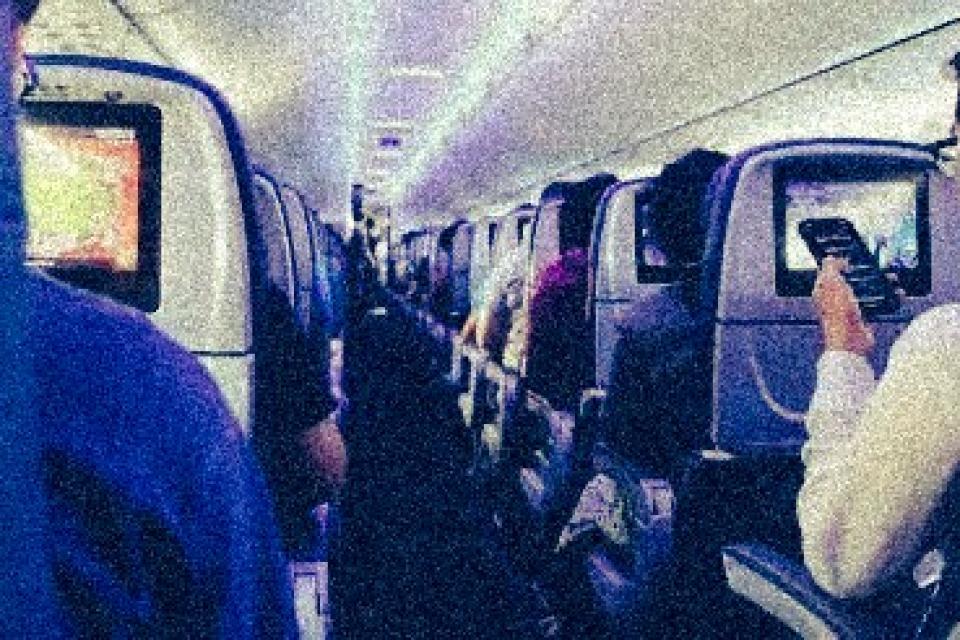The emergence of the Omicron variant of COVID-19 has led to countries quickly reimposing travel restrictions as they try to stem the spread of the variant. The new variant, which has been described as heavily mutated, highly transmissible and potentially dangerous, has over 50 mutations of which 30 are located on its spike protein. The variant is already confirmed to be found in over 10 countries with several other countries having suspected cases of the variant as well.
The emergence of the variant comes at a time when the Indian government had finally decided to resume international flights. While regular commercial flights to and from France, Germany, the Netherlands, Finland, the United Kingdom, Singapore, China, Mauritius, South Africa, Brazil, and New Zealand were not resumed due to the pandemic situation in those countries, India was opening up travel to most of the world.
Now, the Ministry of Health has introduced new guidelines for travellers. Those from the United Kingdom, South Africa, Brazil, Bangladesh, Botswana, China, Mauritius, New Zealand, Zimbabwe, Singapore, Hong Kong and Israel will have to be tested for COVID-19 immediately after arrival and then quarantine for seven days post a negative result. A second test is carried out on the eighth day and then the passenger is allowed to self-monitor for the next seven days.
All passengers arriving in India after December 1 will have to submit a self-declaration form on the Air Suvidha portal, including details of travel in the last 14 days. Additionally, they will need to submit a negative COVID-19 test conducted 72 hours before arrival in India
While many European countries have introduced travel restrictions on travellers coming from African countries, Indians can still travel to Europe with some restrictions in mind. Since India is designated as a high-risk area by countries in the Schengen Area and the UK, several rules apply for Indian travellers going to Europe.
Fully vaccinated travellers need to present a negative COVID-19 test done 48 hours before arrival, along with a health declaration and the list of countries travelled to in the last 14 days. Travellers will need to apply for a "Coronavirus entry pass" and fill the passenger locator form.
Partially vaccinated travellers will need a negative COVID-19 test done 48 hours before arrival. They will then have to quarantine for five days, before taking another COVID-19 test. If the second test is negative, they are allowed to leave quarantine. They will also need to apply for a "Coronavirus entry pass" and fill the passenger locator form. Partially vaccinated travellers can only visit to join a university, work, and visit a terminally ill family member or for a funeral.
For non-Schengen area countries, there have varied rules and restrictions in place. Travellers are advised to visit the country’s ministry of health and ministry of aviation websites to view the guidelines put out by the relevant authorities.









